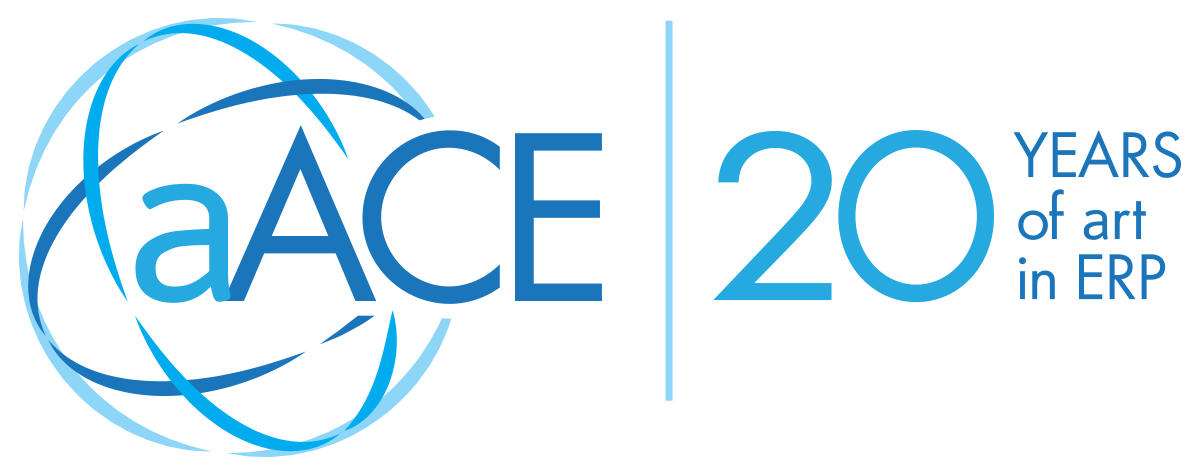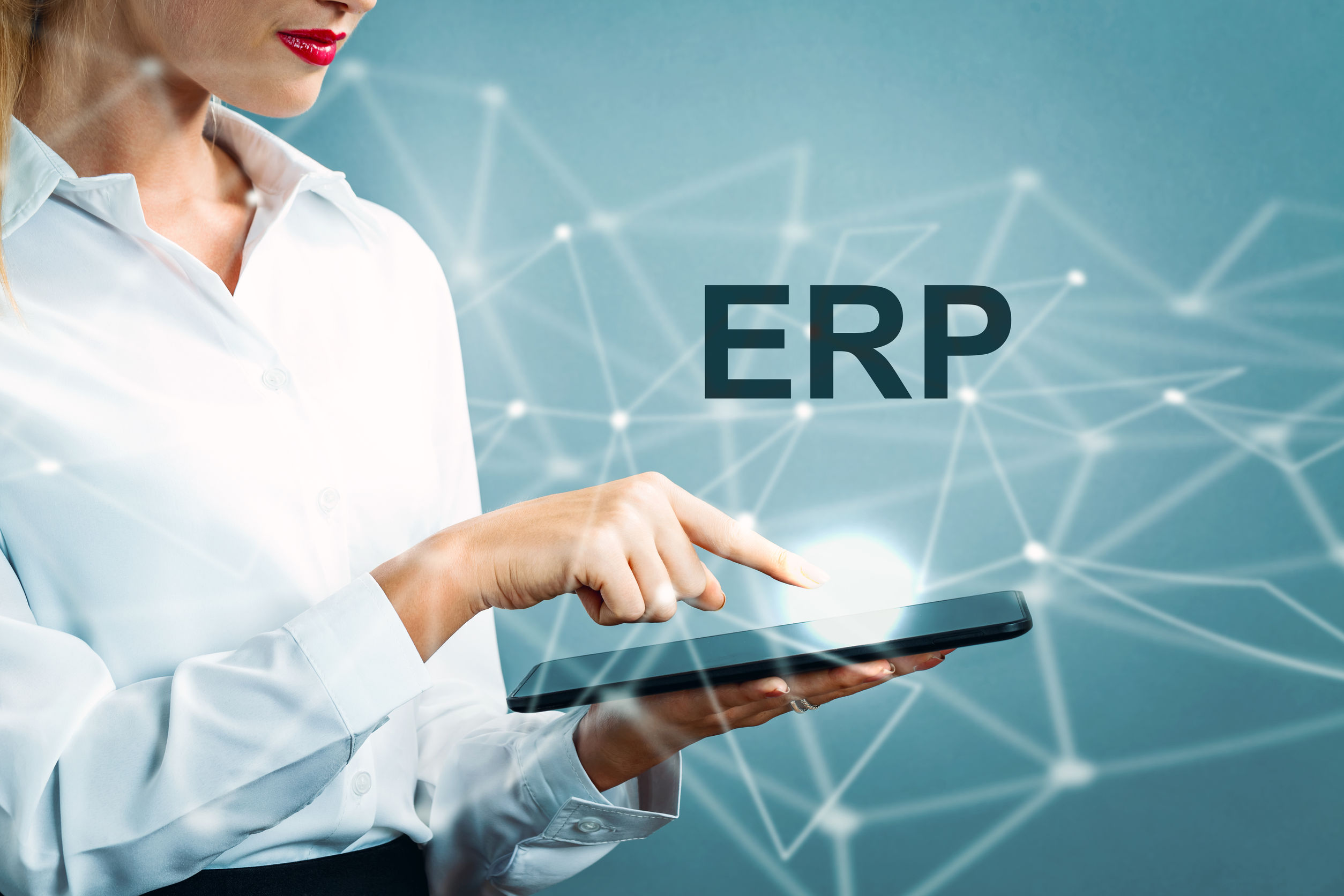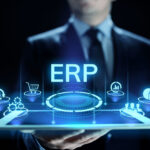Did you think ERP was only for large companies? Small and midsize businesses (SMBs) can benefit from a more sophisticated approach to digitally structuring their operations.
What is ERP? A Short History
Simply put, Enterprise Resource Planning (ERP) is a type of software that has been developed to solve one of the most pressing problems for modern businesses: how to electronically integrate different operations across departments. For example, companies without a centralized business infrastructure may find themselves struggling to reconcile numbers from various departments: HR, accounting, inventory, order fulfillment, etc. Sometimes, each department may be running completely different suites of software that were never designed to work together, resulting in a markedly less efficient workload and more opportunities for errors.
The concept of ERP has been around since the early 90s, when a manufacturing company coined the term. The popularity of ERP products continued to rise as computers, networks, and the internet became invaluable parts of all modern businesses. Interestingly, Y2K (the widespread concern that massive computer outages would occur as binary-code based calendars switched from 12/31/99 to 1/1/00) may have spurred more businesses to adopt ERP software solutions as they looked to modernize and streamline operations before the new millennium arrived.
What Do ERP Software Products Cover?
While ERP was originally developed for manufacturing businesses, it is now widespread across both public- and private-sector organizations of all sizes in many different industries. Today, a typical ERP software package may include:
- Accounting. An ERP integrates the information of separate internal departments like sales, orders, and expenses so that all of the financial data is centralized. This saves time and eliminates having to reconcile accounts across each area. This reduces errors and allows your employees to focus on tasks that pertain to growing the business.
- Order Fulfillment. For companies that sell inventory, ERP software can be invaluable. An ERP coordinates every step of the process from receiving the order to shipping it. This includes keeping track of inventory and even initiating required steps like credit checks for potential customers.
- Data Tracking and Insights. An ERP generally includes a CRM (customer relationship management) tool. This information is integrated with sales, returns, and other important benchmarks to provide companies with real-time insights into trends and customer behaviors within the company. As the field of “big data” grows increasingly sophisticated, good ERP software will keep up with advances in the field and provide in-kind analysis. Additionally, most ERP programs also offer powerful reporting tools, which is great for government agencies or other organizations that may be required to provide reports to external entities.
- Increasing Manufacturing Efficiency. Because ERP has its roots in manufacturing, ERP software has the capability to standardize and automate manufacturing processes as well as supporting operations. This is great for companies that have experienced mergers or acquisitions because it allows for all processes to be standardized and centralized. This results in greater efficiency, financial savings, and reduced risk of error.
- Human Resources. Besides standardizing business operations, ERPs also include powerful workforce management tools. These allow companies to communicate with all employees and track time worked, time-off requests, and expenses from a centralized location. Some ERP software can even keep track of employee education and certifications so that people can be matched with appropriate projects.
The Benefits of ERP Software
Companies of all sizes will see benefits as soon as they have the ERP in place. One of the most noticeable improvements as operations are streamlined is increased internal efficiency; this plays out across every area that the ERP has integrated (which should be just about every internal part of business operations).
Companies using ERP systems also enjoy increased agility and responsiveness to emerging technology; since there is now one system instead of a patchwork of programs, companies can more easily change and evolve.
Along with increased agility, better security is also another benefit. With a single modern ERP system controlling operations, there is no longer a variety of login information and passwords secured with varying programs that each have their own security protocols. As ERPs start moving to cloud-based technology (more on that below), companies’ data will be even better protected.
Additionally, with ERP software companies may be able to enjoy better decision-making. This is because leaders have more information available at their fingertips due to shared data and the software’s analytics tools. Having a clear picture of what’s going on at every level can allow people from different departments to communicate more effectively, too.
Implementing ERP
With ERP being such a powerhouse of a tool, what prevents companies from implementing it? Namely, the complexity of doing so. Organizations that want to implement an ERP program first need to convince their leadership that an ERP is necessary, and then settle on an appropriate-tier solution that most closely matches the business’s size and needs — both of which can take time.
Next, because ERP programs interface with every aspect of the business’ operations, all existing information needs to be standardized and data needs to be cleaned up so it can be migrated to the new system. The timeline for doing this is easy to underestimate, which is why ERP implementation requires a strong project management team.
People inside the company may also be resistant to change or unwilling to do the work necessary to put the new system in place. Because ERPs can make some positions redundant, employees may even worry about job security.
With these barriers, it’s easy to see here how implementation can falter without a well-organized and effective executive sponsor who believes in the ERP product. Good planning, communication, and perseverance are all important parts of successful implementation.
SaaS or IaaS?
There are essentially two options for companies that want to embrace cloud-based ERP solutions.
- ERP as a cloud-based SaaS (software as a service). In general, most businesses should be fine with this option. The main drawback is that customers cannot create custom code, so those that need customized solutions will need to look at the second option. One of the main advantages of implementing a cloud-based ERP product is companies not having to host it on their own servers. In general, this option is more cost-effective and easier to upgrade.
- ERP in an IaaS (infrastructure as a service) cloud. If a company needs a custom-coded ERP product, ERP as a service won’t work. To operate a customized ERP product in the cloud, companies will need to find a IaaS provider, which manages their servers in a different location.
Although ERPs are complex, businesses that want to stay competitive can’t be intimidated. Finding the right ERP takes work, and implementing it can be a large and sometimes difficult project. This doesn’t mean that it’s not worth it to do so, even for small businesses. The increased efficiency and other benefits of putting an ERP in place may mean that your company finally has room to grow.
Summary
Now that you see the value, the next step is to find the best ERP for your business. With the right partner, your ERP software will help keep costs down, improve the efficiency and productivity of your office, and help you scale and grow. But shopping for an ERP solution is no easy task. Check out our free white paper to learn what kinds of questions you should be asking as you search for the right ERP for your business.
“aACE has provided a system and support that has really allowed us to do more than we expected to be able to in switching to a new software. It unified functions within our company that previously had little to no communication with each other.” – Theodore Fotopulous, Operations Manager, Raydoor Inc.




